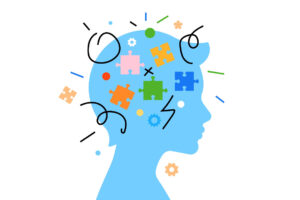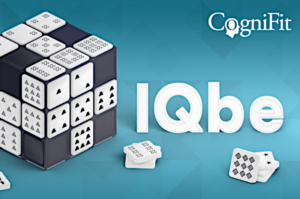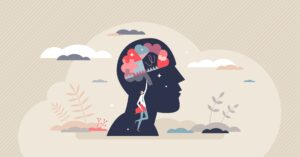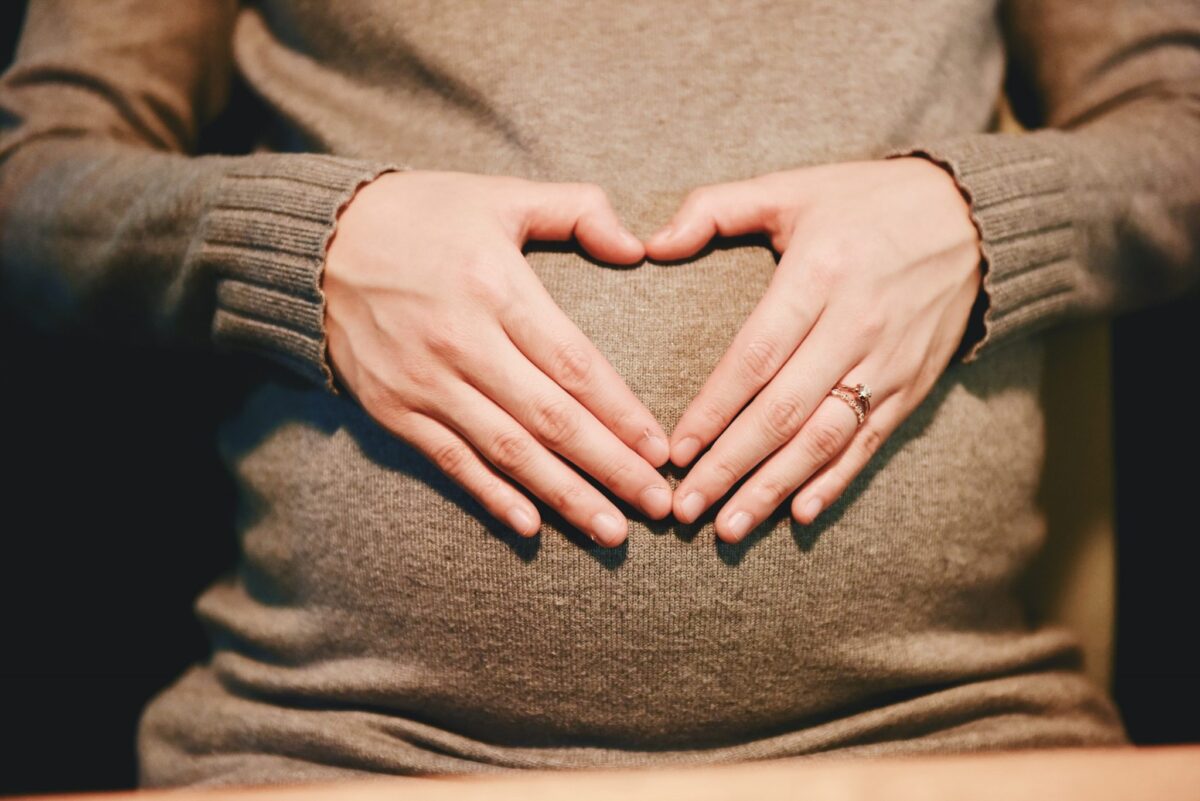
Pregnancy Changes the Brain: Does Pregnancy Brain Have Negative Effects Long Term?
Pregnancy changes the brain. She took her pregnancy test and it was confirmed, she was going to bring a new life into this world. What an exciting time in a mother’s life when she discovers she is pregnant, the bliss fills the life of her loved ones, and from that day onwards, she lives a life of not only a woman or a wife but also takes up a new role of a mother. It is natural to have mixed feeling when a woman realizes she is pregnant, especially if she is experiencing it for the first time. She has to educate herself on many aspects of the new change, the do’s and the don’ts and, most importantly, the changes her body is going to go through. As science and technology have progressed, the awareness that pregnancy has the ability to alter a woman’s life in terms of the hormonal, physiological and emotional state of the body is much talked about, and everyday new studies are being contributed to the understanding of these changes. But did you know besides the established facts of gaining weight, hormonal changes, change in taste buds, sometimes sore feet and elevated levels of blood pressure and sugar levels, there is a strong connection between pregnancy and the brain? Let’s get educated on how pregnancy changes the brain!

Do you have “pregnancy brain”? Take the test below to find out!
[rapid_quiz question=”How often do you walk into a room meaning to do something, only to forget what you were supposed to do?” answer=”All the time” options=”All the time|Most of the time|Sometimes|Rarely” notes=”The surge in hormones directs your attention elsewhere, which may cause you to forget things more often than usual!”]
[rapid_quiz question=”How often do you forget common, everyday things (Ex. forgetting to put on shoes, forgetting names of family members)?” answer=”All the time” options=”All the time|Most of the time|Sometimes|Almost never” notes=”Sleep deprivation combined with all of your hormones can contribute to memory loss. But fear not, brain games can help you bring back some of your usual clarity!”]
[rapid_quiz question=”How often do you feel overwhelmed?” answer=”All the time” options=”All the time|Most of the time|Sometimes|Almost never” notes=”It’s completely normal to feel overwhelmed, especially if it’s your first child! There’s a lot to worry about between preparing for the new baby and caring for your own health. Just remember to take a deep breath every once in a while, and try out the tips below. “]
[rapid_quiz question=”How often do you feel frustrated about not remembering as much as you used to?” answer=”All the time” options=”All the time|Most of the time|Sometimes|Almost never” notes=”It’s common to feel frustrated, especially when you don’t feel like your normal self. Check out the tips below to learn how you can combat this, and feel more like yourself!”]
Pregnancy changes the brain-General body changes
The development in a pregnant female’s body is a week by week progression and as they cross each trimester (a period of three months), the changes are more evident and noticeable. What are the changes that occur? Why do these changes happen? Are the changes reversible?
Many scholars and organizations are advocates to answer basic and complex questions that may arise during pregnancy for mothers to be. The Office on Women’s Health, U.S Department of Health and Human services (OWH) is an organization that is dedicated to educating women around U.S towards various female health related topics such as cancer, birth control, pregnancy and much more. According to OWH, the following basic information on stages of pregnancy is significant for women,
- First Trimester (week 1 to week 12) a female’s body goes through a major hormonal change which further affects each and every organ in their body. Furthermore, the hormonal change is responsible for the tiredness, headaches, mood swings, and food cravings.
- Second Trimester( week 13 to week 18) observes changes such as body aches, darkening of the skin around the nipples, itching on the abdomen, sore feet and palms, stretch marks and weight gain. These changes may vary from person to person.
- Third Trimester (week 20 to week 40), the mother can feel the baby move, but many of the discomforts of the second-trimester increase and as the baby grows, the pressure on the mother’s bladder is increased adding to the uneasiness.
As stated above, the changes mentioned (along with many others) are due to the hormonal changes that take place during pregnancy. Elevated levels of Estrogen and Progesterone (main pregnancy hormones) are primarily responsible for the variations in a female body at the time of pregnancy both externally and internally. This may also indicate how and why pregnancy changes the brain.
Pregnancy changes the brain- Gray Matter
Now that we have a basic idea of how the body changes during pregnancy, let’s try to understand how pregnancy changes the brain.
In a more recent study published in 2017 by, Hoekzema and colleagues “Pregnancy leads to long-lasting changes in human brain structure“ that focused on the brain change that occurs during pregnancy. The pre and post pregnancy MRI testing of 25 first-time mothers and fathers study highlighted the fact that pregnancy alters the brain structure of the mother substantially. The MRI reports suggested that Gray Matter(GM) volume was reduced in a few areas. However, this reduction was not noticed in fathers and women who did not experience childbirth. Also, the brain changes were noticed 2 years post pregnancy, confirming long lasting effects of how pregnancy changes the brain.
“Loss of volume does not necessarily translate to a loss of function,” said Hoekzema, “Sometimes less is more.”
The study of the brain and how pregnancy changes the brain has been a subject of study for many neuroscientists and other in related fields. Many studies have suggested that the gray matter is responsible for emotions, sensory perception, decision making, cognition, speech, self-control, and memory. Modifications in the gray matter might limit a mother’s social cognition skills but it prepares her with adaptive methods during the motherhood transition. The study also concentrated on the evidence that the depletion in gray matter volume overlaps the part of the brain that is actually responsible for a mother being able to recognize her baby’s needs after the baby is born. In addition, the study also provided us with significant evidence reflecting the association between the quality of mother and infant attachment is predicted due to how pregnancy changes the brain.
Pregnancy changes the brain- Hormones
As you already know, the brain gets flooded with hormones during pregnancy. During the first trimester, it’s common to feel a mix of happiness, anxiety, or even upset after an unplanned pregnancy. These feelings can intensify in the second trimester. And as you grow more uncomfortable in the third trimester, your feelings of anxiety might grow as well. For some mothers, these emotions can be more intense than usual, leading to severe anxiety symptoms or depression. And while some of the blame can be placed on the stresses of becoming a parent, we can also blame the hormones for changing the chemical balance in the brain.
But this all helps the mother to prepare for childhood by being less responsive to stress and more responsive to her child. Although it seems like all it does is change your cognitive processes or functions, it’s really helping you to be a more sensitive mother. For example, some studies actually show that when a fetus moves, the mother’s heart rate, emotions, and skin conductance increase, even if she’s not aware of the movement. A hormone, called oxytocin, also plays a major role in pregnancy. It helps to contract the muscles of the uterus during birth and is actually used by doctors to slow down bleeding during birth. And during pregnancy, the hormone helps the mother feel calmer, get more sleep, and to get more nutrients, to help with her energy levels. Once the baby is born, oxytocin is released by both mother and baby, which helps to create a sense of euphoria and to foster the mother-child bond. Want to read more about the types of neurotransmitters?
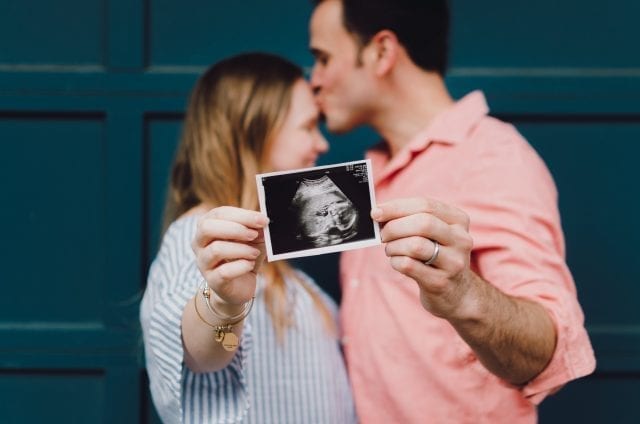
Pregnancy changes the brain- Pregnancy brain explanation
In an article published by Lisa Galea 2014 “Mother’s Day Science: From ‘Baby Brain’ to Cognitive Boost” it was stated there are studies that provide evidence yielding that a female brain shrinks between 4 to 8 percent during pregnancy which causes a mother to be forgetful which is also called as “baby brain” or “pregnancy brain”. In addition, Galea also stresses that the changes in the brain occur due to the elevated levels of progesterone and estrogen hormones which further results in memory impairments in a pregnant female.
Even if we place some of the blame on the hormones, only some studies show cognitive deficits during pregnancy. In fact, other studies actually show that pregnant women perform just as well as other women in cognitive tests. So what really is to blame?
Well, some people argue that, while the hormones are preparing you for motherhood, it’s directing your attention away from things you would normally pay attention to. Combine that with worries about the baby, your health, and sleep deprivation, it’s a wonder you can even function at all! So the bottom line is, just because your brain feels a little “foggier” than usual, doesn’t mean you’re losing any IQ points. It just means that your brain is getting you ready to be the best mom you can be. It means that pregnancy changes your brain in fact but in a positive way. Luckily, you can still train your brain with cognitive brain training programs, which will help you keep your cognitive skills in top shape throughout your pregnancy!
Pregnancy changes the brain: Your brain after birth
The fogginess felt during pregnancy eventually goes away after birth. And while your brain is trying to rebalance its chemistry, it’s also directing its activity to places that will help you as a mother. For example, during pregnancy, activity increases in areas controlling social interactions, empathy, and anxiety. In the postpartum period, these changes are amplified by even more hormone surges. In addition, a mother will start to feel overwhelming emotions of love, protectiveness, and worry about raising a baby. You can see the crazy effects of how pregnancy changes the brain!
Some research has shown that there is growth in the amygdala and the hypothalamus. This helps with emotional regulation, survival instincts, and the production of hormones. This growth increases weeks and months after birth. This has been linked to mothers having a positive view and positive feelings towards their baby. It also allows a mother to wake up in the middle of the night when their baby is crying, without getting too frustrated as explained in the video.
Knowing about all of these emotional changes allows us to understand things like postpartum depression, obsessive compulsions, and anxiety. In fact, amygdala damage is associated with higher depression rates in mothers. Studies also show that reward centers (such as the thalamus and amygdala) in the brain actually light up whenever a mother just stares at her baby. This causes the attentiveness and the affection a mother feels towards her baby. But in depression, this activity isn’t as prominent.
The process of childbirth is the most beautiful experience that a woman goes through and what is more amazing is to learn the changes her body goes through prior and post pregnancy. Researchers and neuroscientists are working to investigate more about how pregnancy changes the brain and body. As studies are being published, there are other questions that may arise, like “would brain change have a negative effect on a woman if she gets pregnant more than once?”
How to keep your brain sharp?
Pregnancy changes the brain can be overwhelming and it can add greatly to your stresses. Follow these tips to keep your brain sharp, and to keep you mentally healthy!
- Sleep deprivation can lead to much of the forgetfulness experienced during pregnancy. Not having enough sleep prevents the brain from focusing on caring for your baby. So the answer is obvious, get more sleep! This might seem like an impossible task, but getting at least 8 hours a night can really help you feel back on your feet. Fight the urge to be productive while the baby is napping and instead, opt to take a nap. And when the baby wakes up in the middle of the night, try to trade it off with your partner, so you feel less groggy in the morning.
- Write things down. Or more specifically, write everything down. Writing will help you greatly in trying to remember things. Not to mention, having everything in one place will keep you sane. Invest in a planner or notebook, and carry it with you everywhere, so you’re always on top of things.
- As established before, try playing some brain games. Brain games allow you to use your cognitive abilities and stimulate your brain using specific training exercises. CogniFit offers a large variety of free online mind games, which are specifically designed to target your overall brain health.
However, with the studies published, we can now confidently say that the changes that occur in a female’s brain due to the reduction in the gray matter are a positive change for both the mother and the child.
Do you have any questions or ideas? Leave a comment below! 🙂
References
Hoekzema E, et al. (2017) Pregnancy leads to long-lasting changes in human brain structure. Natural Neuroscience 20, 287–296.





